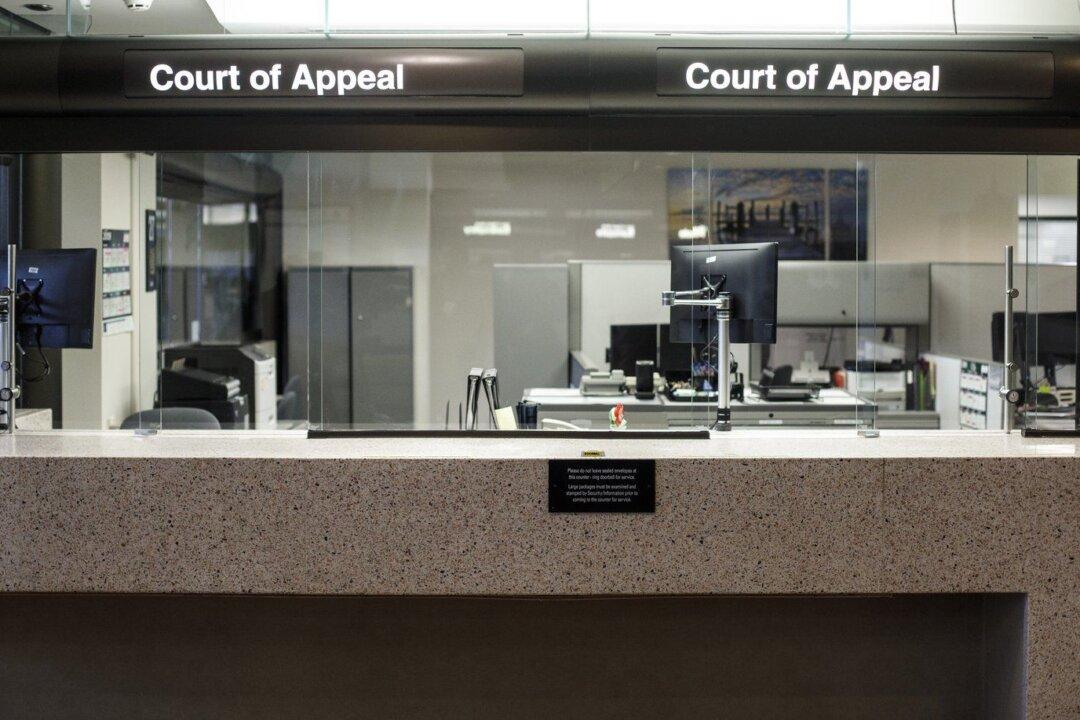Alberta’s Court of Appeal has upheld the requirement that eligible transplant recipients be vaccinated against COVID-19, saying the stipulation did not violate the charter rights of a woman who refused to get a dose.
Annette Lewis filed a legal challenge against Alberta Health Services, doctors and a hospital earlier this year after she was unable to get a lifesaving organ transplant due to her unwillingness to be vaccinated.





